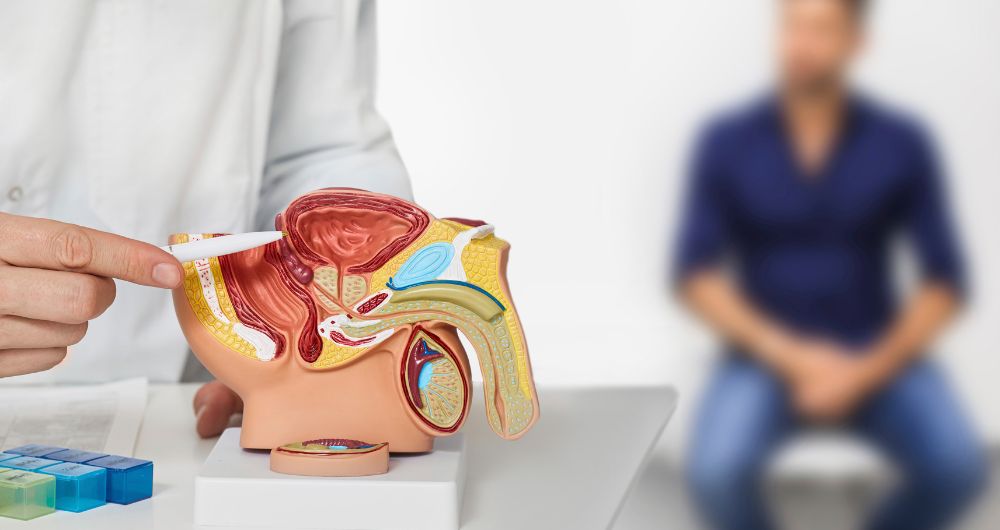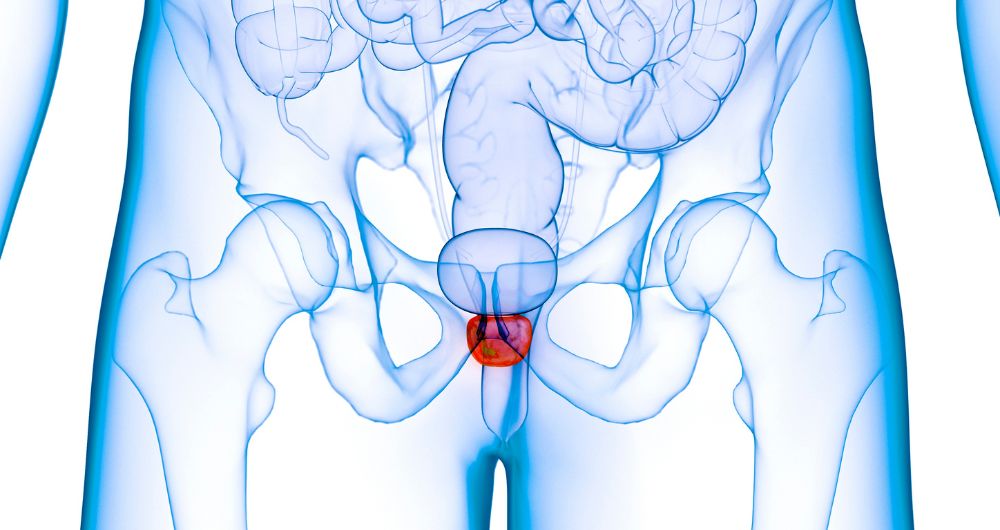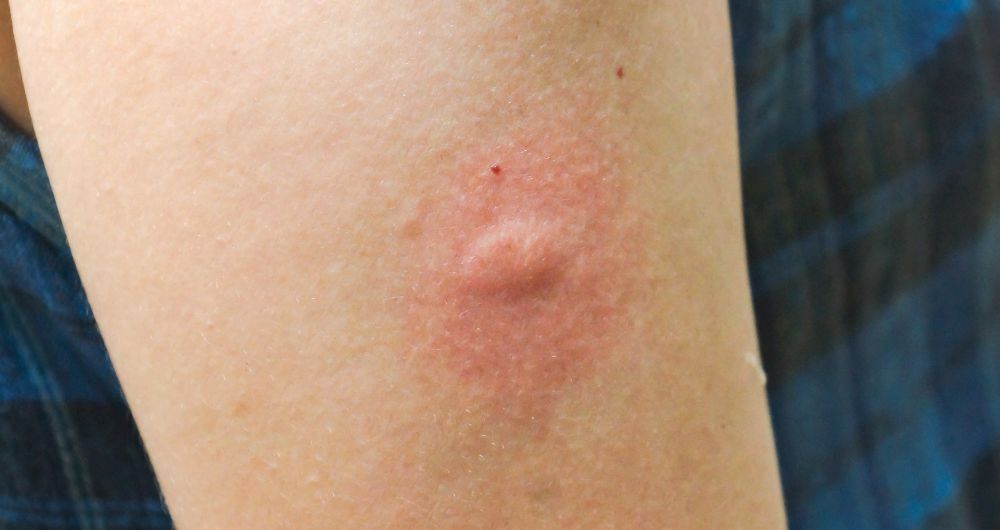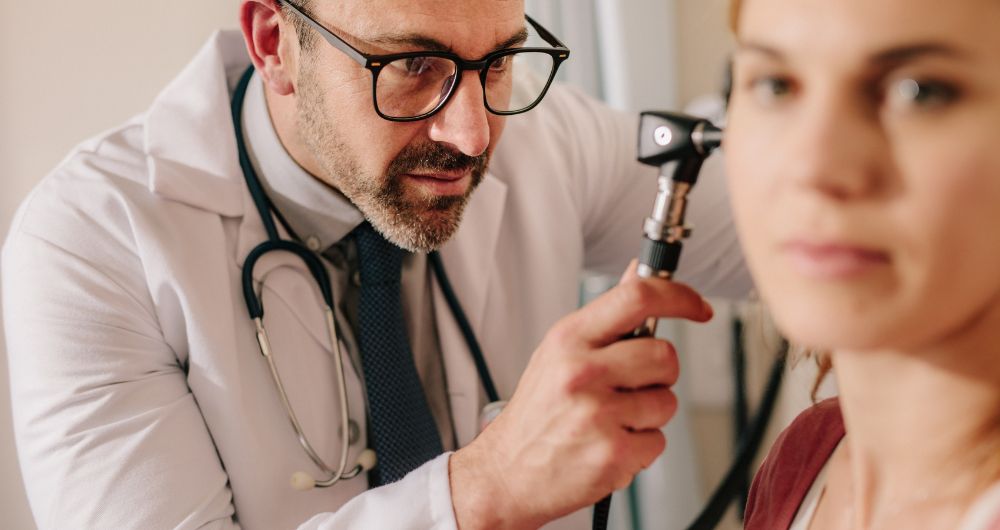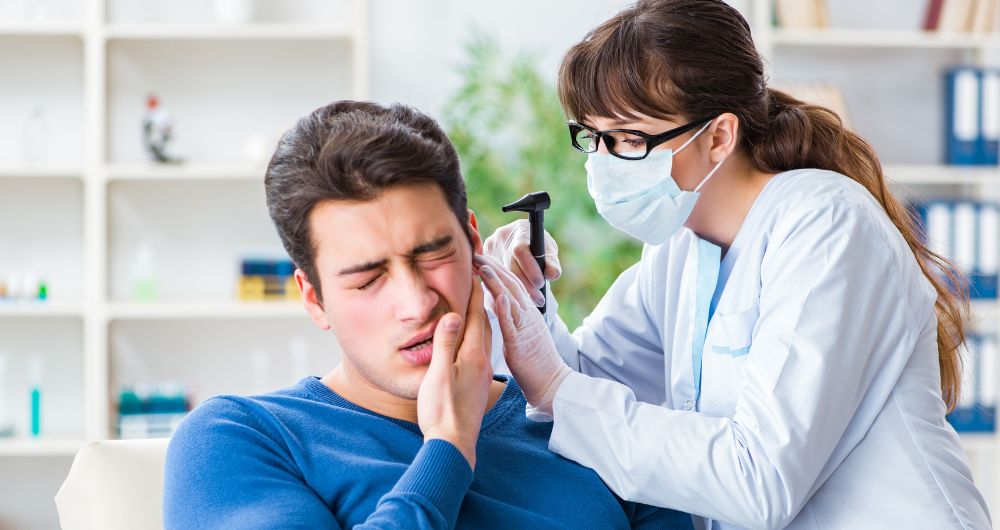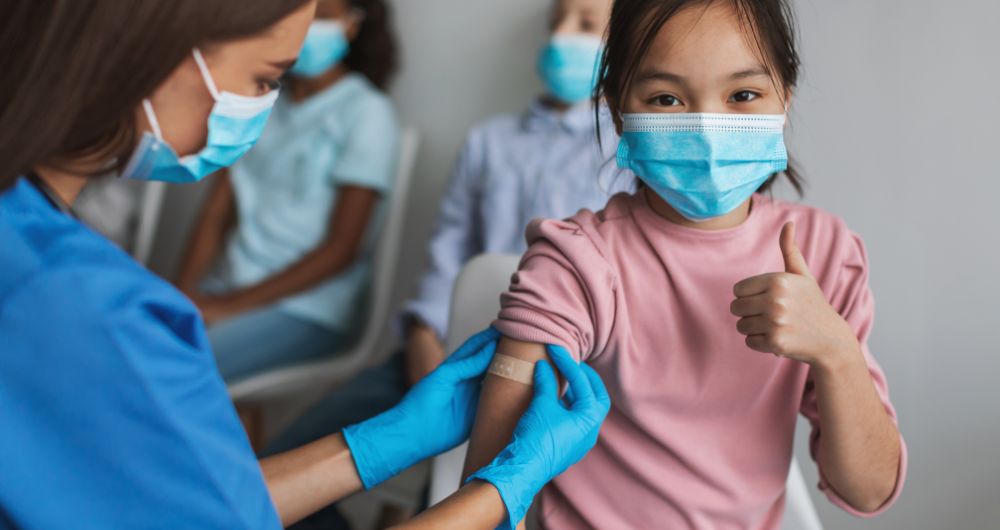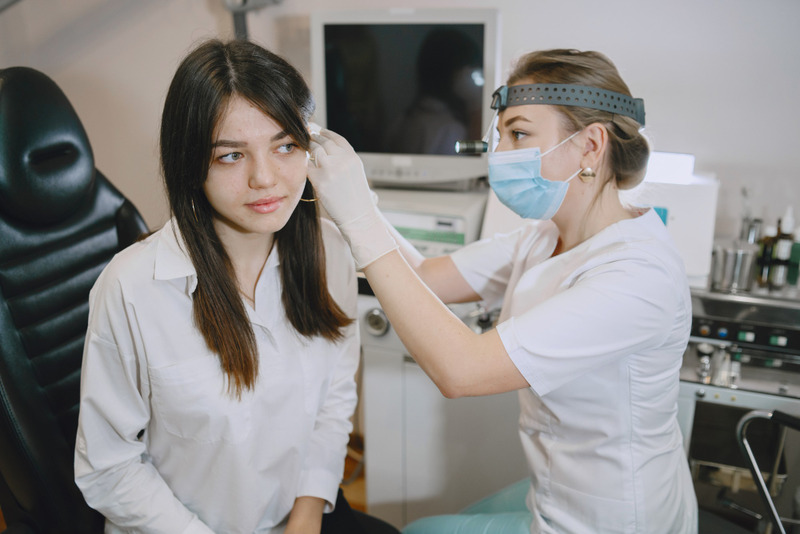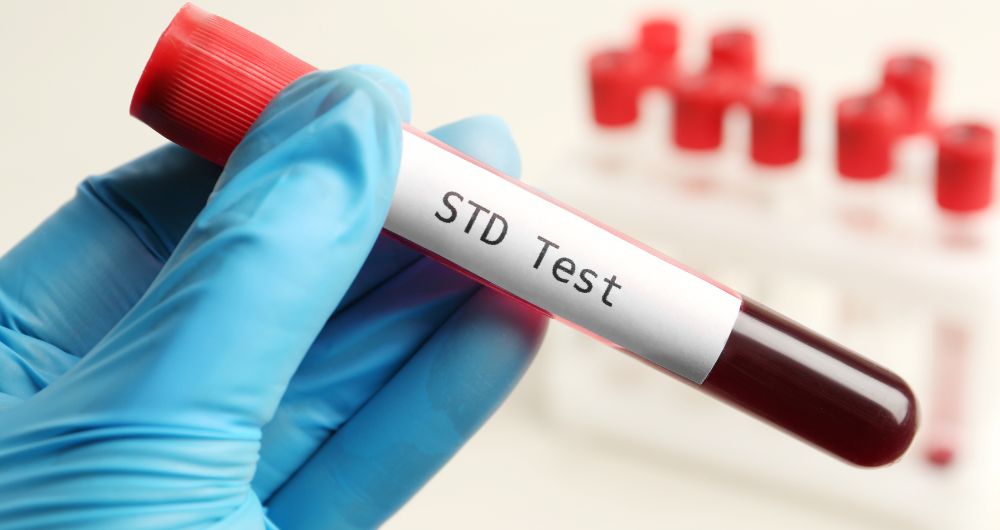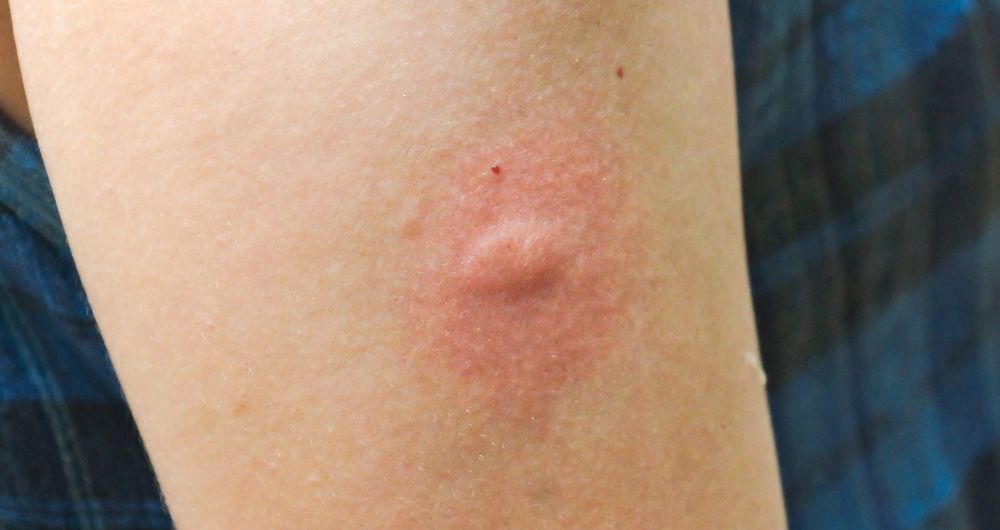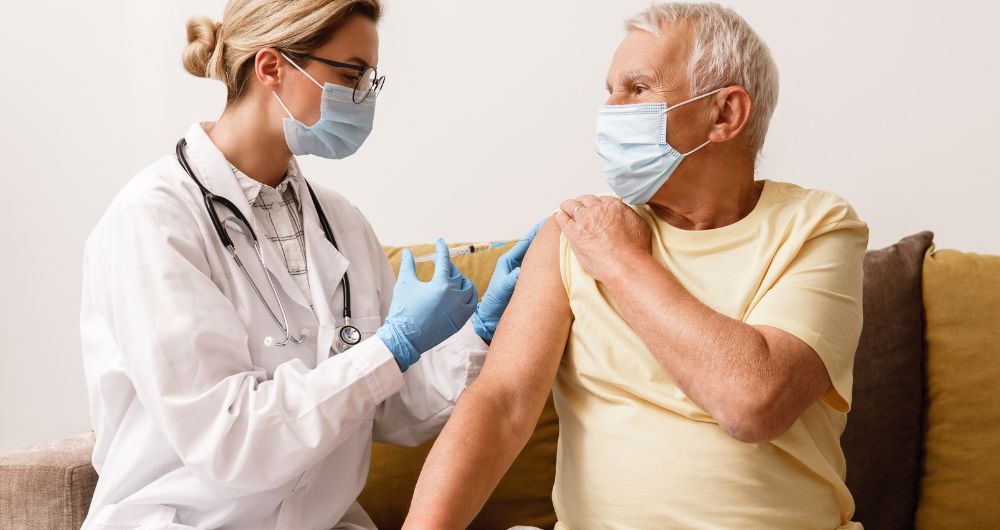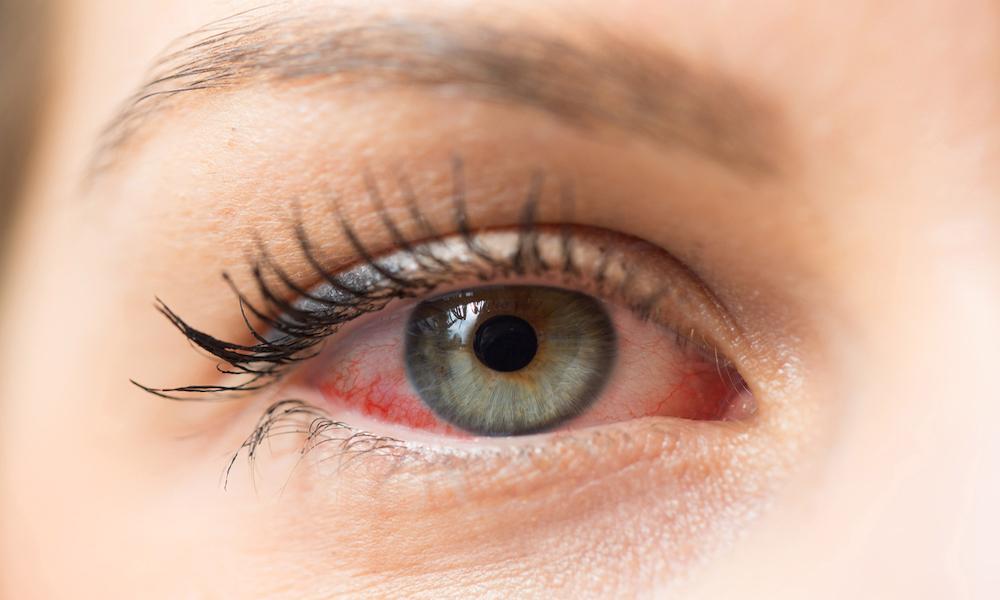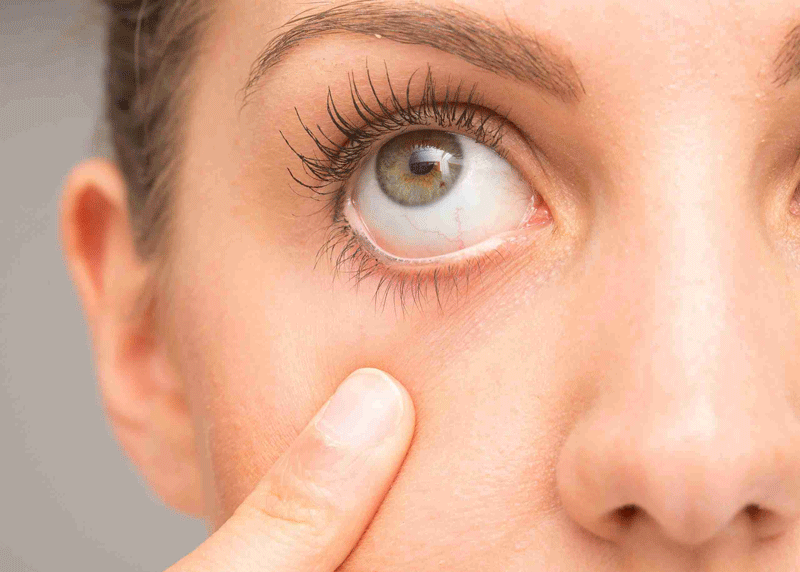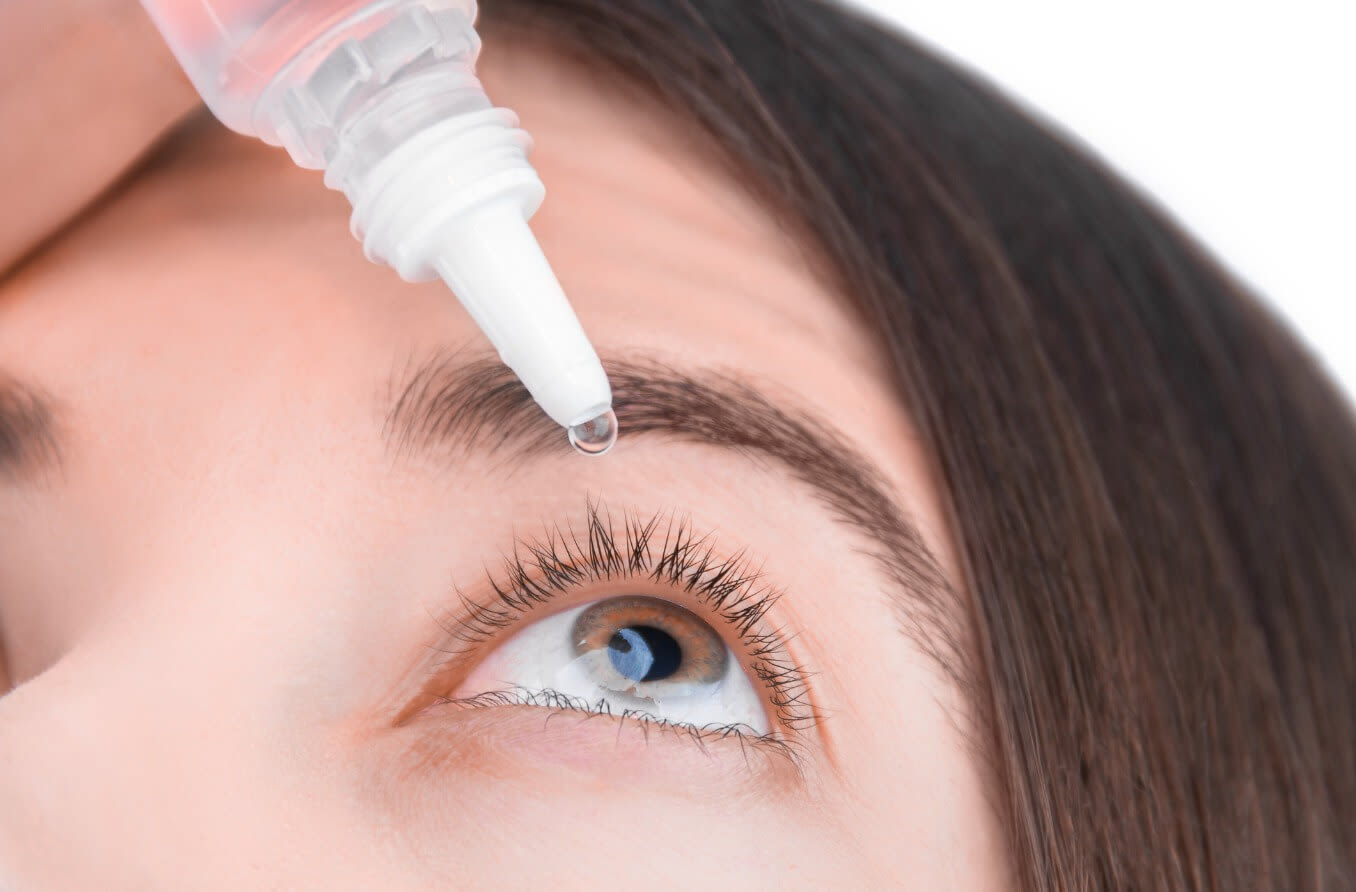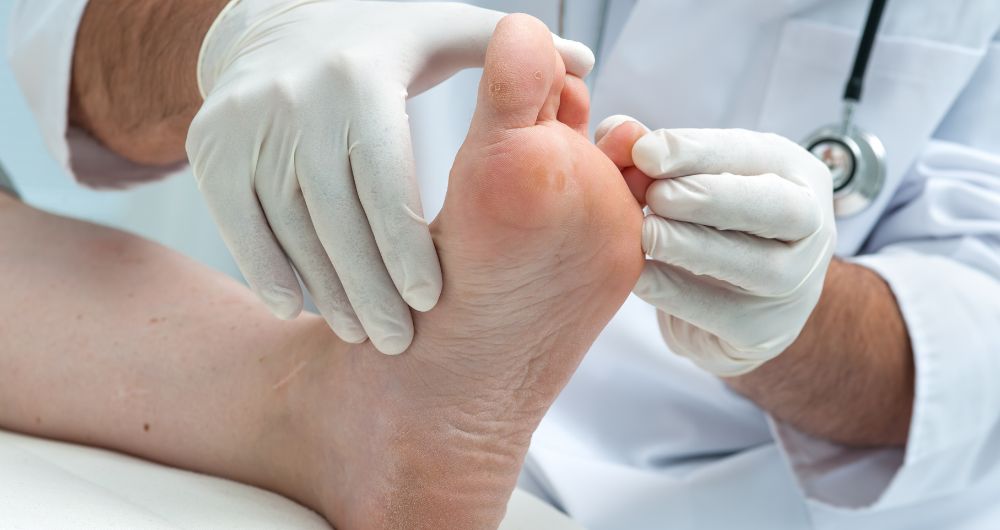
How to Manage Stress and Prevent Migraines: Expert Tips by Urgent Care in Danbury, CT
Table of Contents
- Key Takeaways
- Introduction
- Understanding Stress and Migraines
- 5 Expert Tips for Managing Stress
- Find the Best Urgent Care in Danbury, CT
- Frequently Asked Questions
Key Takeaways
✔ Recognizing the connection between stress and migraines is crucial for effective management and prevention.
✔ Prioritizing regular physical activity and exercise is essential for reducing stress levels and promoting overall well-being.
✔ Consider factors such as location, hours of operation, services offered, and quality of care when selecting an urgent care in Danbury, CT.
Stress is a common problem that can really mess with our health. For people who get migraines, stress can make them worse. If you want to combat stress that causes migraines, here are some simple tips from urgent care in Danbury, CT. From easy relaxation tricks to small lifestyle changes, these tips can make a big difference in feeling better and having fewer migraines.

Understanding Stress and Migraines
Stress is a well-known trigger for migraines, a debilitating type of headache that affects millions worldwide. Let’s explore the relationship between stress and migraines, including how stress can initiate or exacerbate migraine episodes.
Stress: Types, Causes, and Effects
Stress is a complex phenomenon that manifests in various forms, each with its own set of causes and effects. Understanding the different types of stress, what causes them, and their impacts on our lives is crucial for effective stress management.
Types of Stress
- Acute Stress: This type of stress is short-term and often caused by specific events or situations, such as public speaking or a tight deadline at work. While it can be intense, acute stress typically resolves once the triggering event passes.
- Chronic Stress: Chronic stress is long-term and persists over an extended period, sometimes for months or even years. It can result from ongoing issues like financial problems, relationship conflicts, or work-related stress. Chronic stress can have significant health consequences if left unmanaged.
- Episodic Acute Stress: Some individuals experience acute stress on a frequent basis, leading to a pattern of episodic acute stress. This type of stress often occurs in people who are prone to worry or have demanding lifestyles, such as perfectionists or workaholics.
- Traumatic Stress: Traumatic stress arises from exposure to traumatic events, such as natural disasters, accidents, or violence. It can have profound and lasting effects on mental and physical health, leading to conditions like post-traumatic stress disorder (PTSD).
Causes of Stress
- Work-related Stress: Job pressure, excessive workload, conflicts with colleagues or supervisors, and job insecurity are common sources of stress in the workplace.
- Financial Stress: Concerns about money, debt, unemployment, or unexpected expenses can cause significant stress and anxiety.
- Relationship Stress: Difficulties in relationships, whether with a partner, family member, or friend, can lead to emotional strain and stress.
- Health-related Stress: Dealing with illness, injury, chronic pain, or the health problems of loved ones can be highly stressful.
- Life Transitions: Major life changes such as moving, divorce, bereavement, or becoming a parent can trigger stress as individuals navigate new circumstances and challenges.
Effects of Stress
- Physical Effects: Stress can manifest physically through symptoms such as headaches, muscle tension, fatigue, digestive issues, and weakened immune function. Prolonged exposure to stress hormones like cortisol can increase the risk of various health problems, including cardiovascular disease, obesity, and diabetes.
- Emotional Effects: Stress can have a profound impact on emotional well-being, contributing to feelings of anxiety, depression, irritability, mood swings, and low self-esteem.
- Cognitive Effects: Chronic stress can impair cognitive function, leading to difficulties with concentration, memory, decision-making, and problem-solving.
- Behavioral Effects: Individuals under stress may engage in unhealthy coping mechanisms such as overeating, undereating, substance abuse, or social withdrawal. Stress can also affect sleep patterns, leading to insomnia or disrupted sleep.

Migraines: Symptoms, Triggers, and Prevalence
Migraines are debilitating headaches characterized by intense, throbbing pain lasting hours to days. Understanding the symptoms, triggers, and prevalence of migraines is essential for effectively managing this condition.
Symptoms of Migraines
- Headache: The hallmark symptom of a migraine is a severe, pulsating headache that typically affects one side of the head. However, some individuals may experience pain on both sides.
- Sensory Disturbances: Migraines often involve sensory disturbances known as aura, which can include visual changes like flashing lights or blind spots, tingling or numbness in the face or extremities, and difficulty speaking.
- Nausea and Vomiting: Many people with migraines experience nausea, vomiting, or sensitivity to light, sound, or smells during an attack.
- Other Symptoms: Migraines may also accompany fatigue, dizziness, neck stiffness, and difficulty concentrating.
Triggers of Migraines
- Stress: Stress is a common trigger for migraines, with many individuals reporting that their headaches worsen during periods of heightened stress.
- Hormonal Changes: Fluctuations in estrogen levels, such as those occurring during menstruation, pregnancy, or menopause, can trigger migraines in some individuals.
- Dietary Factors: Certain foods and drinks may trigger migraines in susceptible individuals, including alcohol, caffeine, chocolate, aged cheeses, processed meats, and artificial sweeteners.
- Environmental Factors: Bright lights, loud noises, strong smells, and changes in weather or barometric pressure can trigger migraines in some people.
- Sleep Disturbances: Irregular sleep patterns, insufficient sleep, or changes in sleep routine can trigger migraines or exacerbate existing headaches.
- Physical Factors: Excessive physical exertion, poor posture, or muscle tension in the neck and shoulders can contribute to migraine onset or severity.
Prevalence of Migraines
- Migraines are a common neurological disorder, affecting approximately 1 in 7 people globally.
- They are more prevalent in women than men, with hormonal fluctuations playing a significant role in triggering migraines in many female sufferers.
- Migraines can occur at any age but often begin during adolescence or early adulthood.
- The frequency and severity of migraines can vary widely among individuals, with some experiencing occasional mild attacks and others enduring frequent, debilitating headaches that significantly impact daily life.
How Stress Exacerbates Migraine Attacks
Stress is a well-known trigger for migraine attacks, and understanding how stress exacerbates these headaches is crucial for effective management. Several mechanisms contribute to the effects of stress on migraine attacks:
Physiological Response
When we experience stress, our bodies undergo physiological changes designed to help us cope with the perceived threat or challenge. The “fight or flight” response is activated, releasing stress hormones such as cortisol and adrenaline. These hormones can affect blood vessel function and neurotransmitter levels in the brain, potentially triggering or exacerbating migraine attacks.
Increased Muscle Tension
Stress often leads to muscle tension and tightness, particularly in the neck, shoulders, and jaw. This muscle tension can contribute to tension-type headaches, which may coexist with or trigger migraines in susceptible individuals. Additionally, muscle tension can exacerbate existing migraine symptoms, leading to increased pain and discomfort.
Disruption of Neurotransmitter Balance
Stress can disrupt the delicate balance of neurotransmitters in the brain, including serotonin, dopamine, and norepinephrine. Serotonin, in particular, plays a key role in regulating mood, pain perception, and the sleep-wake cycle—all relevant to migraine pathophysiology.
Sleep Disturbances
Chronic stress can interfere with sleep quality and duration, leading to sleep disturbances such as insomnia or fragmented sleep. Poor sleep is a known trigger for migraines and can increase the frequency and severity of headache attacks. Additionally, disrupted sleep can exacerbate other migraine symptoms such as fatigue, irritability, and difficulty concentrating.
Psychological Distress
The emotional toll of stress, including feelings of anxiety, frustration, and helplessness, can exacerbate migraine symptoms and reduce coping abilities. Stressful life events or ongoing stressors may lead to psychological distress, which can in turn increase susceptibility to migraines.
5 Expert Tips for Managing Stress
Whether it’s due to work, relationships, or other life challenges, learning how to effectively manage stress is essential for maintaining our well-being. Here are expert tips and strategies from urgent care in Danbury, CT, that can help you navigate through stressful situations with resilience and ease:
1. Practice Mindfulness and Relaxation Techniques
Practicing mindfulness and relaxation techniques can be incredibly effective in reducing stress levels and promoting overall well-being. Here’s a breakdown of each technique and its benefits from urgent care in Danbury, CT:
Deep Breathing Exercises
Deep breathing involves taking slow, deep breaths, focusing on filling the lungs completely, and then exhaling slowly. This technique activates the body’s relaxation response, reducing heart rate and blood pressure, and promoting a sense of calm. Deep breathing can be done anywhere and anytime, making it a convenient tool for managing stress in various situations, including visits to urgent care in Danbury, CT.
Meditation and Mindfulness Practices
Meditation involves focusing the mind on a particular object, thought, or activity to achieve a state of mental clarity and emotional stability. Regular meditation and mindfulness practice can help reduce stress, anxiety, and depression, improve concentration and attention, and cultivate a greater sense of overall well-being. These techniques are endorsed by urgent care in Danbury, CT, as effective methods for stress management.
Progressive Muscle Relaxation
Progressive muscle relaxation involves tensing and then relaxing different muscle groups in the body, systematically moving from one group to another. This technique helps release physical tension and promote relaxation throughout the body. Implementing this technique, recommended by urgent care in Danbury, CT, into your daily routine can effectively alleviate stress and promote overall well-being.
2. Maintain Healthy Lifestyle Habits
Maintaining healthy lifestyle habits is essential for managing stress and promoting overall well-being, especially for patients seeking guidance from urgent care in Danbury, CT. Here’s why focusing on regular exercise, a balanced diet, and adequate hydration is crucial:
Regular Exercise and Physical Activity
Engaging in regular exercise and physical activity is one of the most effective ways to reduce stress and improve mood according to urgent care in Danbury, CT. Exercise releases endorphins, chemicals in the brain that act as natural painkillers and mood elevators, helping to reduce feelings of anxiety and depression.
Balanced Diet and Adequate Hydration
Eating a balanced diet rich in fruits, vegetables, whole grains, lean proteins, and healthy fats is also often suggested by urgent care in Danbury, CT, to provide essential nutrients that will support your overall health and well-being. A well-balanced diet can help stabilize blood sugar levels, which can affect mood and energy levels throughout the day.
3. Ensure Sufficient Sleep and Practice Good Sleep Hygiene
Urgent care in Danbury, CT, suggests that you should have sufficient sleep and practice good sleep hygiene to maintain your overall health and manage stress effectively. Sleep is essential for overall health and well-being, and it plays a vital role in cognitive function, emotional regulation, and physical recovery. Adequate sleep is linked to improved concentration, memory retention, and problem-solving skills, making coping with stress and daily challenges easier.
On the other hand, lack of sleep or poor sleep quality can lead to irritability, mood swings, difficulty concentrating, and impaired decision-making, all of which can exacerbate feelings of stress and anxiety. Urgent care in Danbury, CT, recommends that patients try to go to bed and wake up at the same time every day, even on weekends, to regulate their bodies’ internal clocks. Establishing a calming pre-sleep routine can also signal your body that it’s time to wind down. Activities like reading, taking a warm bath, or practicing relaxation techniques can promote relaxation and prepare you for sleep.
4. Use Stress Management Strategies
Utilizing effective stress management strategies is essential for maintaining mental and emotional well-being. Here are some valuable techniques for managing stress from urgent care in Danbury, CT:
Time Management and Prioritization
- Effective time management involves organizing and prioritizing tasks to maximize productivity and reduce feelings of overwhelm.
- Create a to-do list or schedule outlining your daily tasks and responsibilities.
- Prioritize tasks based on urgency and importance, focusing on completing high-priority items first.
- Break large tasks into smaller, more manageable steps to avoid feeling overwhelmed.
- Use time-blocking techniques to allocate specific time slots for different activities, ensuring that you have dedicated time for work, relaxation, and self-care.
Setting Boundaries and Learning to Say No
- Setting boundaries involves establishing clear limits on your time, energy, and resources to protect your well-being.
- Learn to recognize your limits and communicate them assertively to others.
- Practice saying no to requests or commitments that exceed your capacity or compromise your priorities.
- Be firm but respectful in asserting your boundaries, and don’t feel guilty for prioritizing your needs and well-being.
- Remember that setting boundaries is not selfish; it’s essential to self-care and maintaining healthy relationships.
5. Seek Social Support and Professional Help When Needed
Don’t hesitate to reach out to friends, family members, or trusted colleagues for emotional support during times of stress. Talking to someone you trust about your feelings can provide validation, perspective, and encouragement. Also, consider seeking urgent care in Danbury, CT, therapist, counselor, or mental health professional if stress becomes overwhelming or persistent. Therapy can provide valuable tools and techniques for managing stress and a safe space to explore underlying issues and develop coping strategies.

Finding the Best Urgent Care in Danbury, CT
When it comes to finding the best urgent care in Danbury, CT, several factors must be considered to ensure you receive prompt, high-quality medical attention when you need it most.
Location and Accessibility
Start by considering the location of the urgent care in Danbury, CT. Look for a clinic that is conveniently located near your home, workplace, or frequently visited areas.
Hours of Operation
Urgent care in Danbury, CT, typically offers extended hours and weekend availability to accommodate patients who need care outside of regular business hours.
Services Offered
Evaluate the range of services provided by each urgent care in Danbury, CT. Ideally, you want a clinic that offers comprehensive medical care for a wide range of non-life-threatening conditions.
Quality of Care
Research the reputation and credentials of the healthcare providers working at the urgent care in Danbury, CT. Look for board-certified physicians, nurse practitioners, and other qualified staff members with experience in urgent care medicine.
Convenience and Amenities
Consider additional amenities and conveniences offered by the urgent care in Danbury, CT, such as online appointment scheduling, short wait times, and electronic prescription services.
Insurance and Payment Options
Check whether the urgent care in Danbury, CT, accepts your health insurance plan and verify coverage for urgent care services.

Frequently Asked Questions
How can I tell if I’m experiencing everyday stress or something more serious?
Normal stress involves temporary tension or worry in response to specific challenges, while persistent symptoms may indicate chronic stress or an anxiety disorder. Seek support if symptoms interfere with daily life.
How does stress affect children and adolescents?
Stress can impact children and adolescents’ physical health, emotional well-being, and academic performance. Symptoms may include irritability, sleep disturbances, and physical complaints. Supportive environments and healthy coping mechanisms are crucial for navigating stress.
How does stress affect my digestive system?
Stress can disrupt digestive function, leading to symptoms like stomachaches, appetite changes, and exacerbation of digestive disorders. Practicing stress management techniques can help alleviate these symptoms and promote gastrointestinal health.
Do migraines make you cry?
Migraines can evoke strong emotional responses due to intense pain and disruption to daily life, which may include crying. Managing migraines involves addressing physical symptoms and emotional well-being through lifestyle changes and seeking appropriate support.
Partner with DOCS Urgent Care - Danbury to Manage Stress and Prevent Migraines!
Are migraines disrupting your life? Don’t let stress hold you back any longer. At DOCS Urgent Care – Danbury, we understand migraines’ impact on your daily routine. Our team of experts is dedicated to helping you manage stress effectively to prevent migraines and regain control of your life. Take the first step towards a brighter, pain-free future by contacting us today to schedule an appointment!

Recent Posts
- How to Manage Stress and Prevent Migraines: Expert Tips by Urgent Care in Danbury, CT
- Respiratory Syncytial Virus (RSV): Symptoms, Causes, and When To Seek Urgent Care in Danbury, CT
- Prostatitis: Causes and Treatment Explained by a Primary Care Doctor in Southington, CT
- How to Keep Insects Away and Prevent Bites — Essential Tips from Urgent Care in Southington, CT
- Act Fast for Relief! 9 Reasons to Visit Urgent Care in Bridgeport, CT for Ear Pain
Categories







